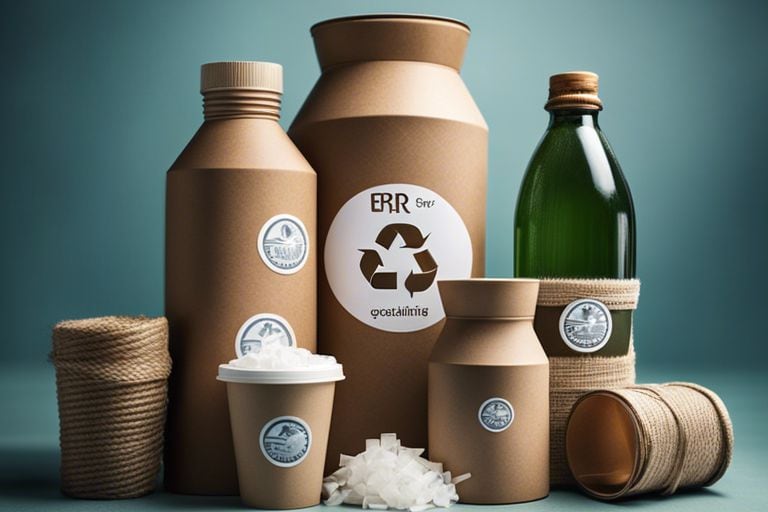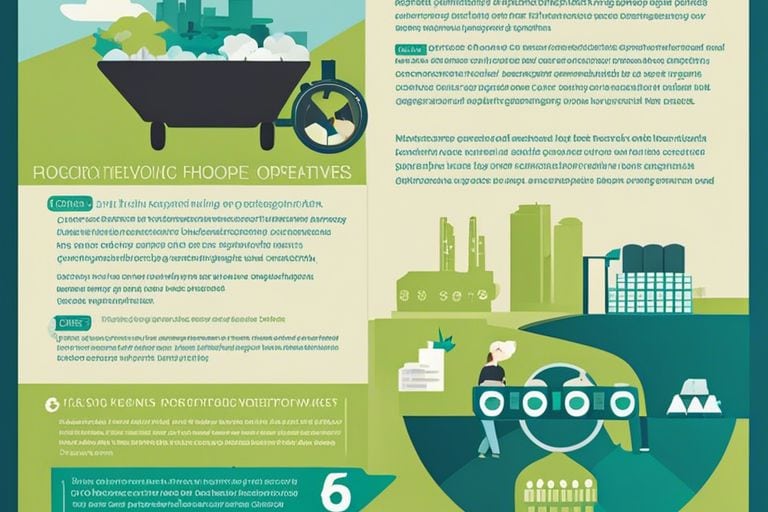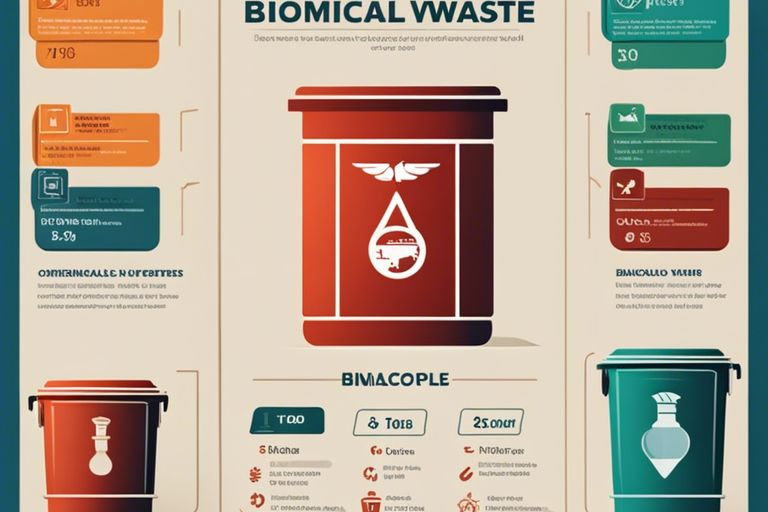
What Measures Can Textile Companies Take For EPR Compliance?
Over recent years, there has been a growing concern about the environmental impact of textile waste, pushing for Extended Producer Responsibility (EPR) regulations. Textile companies must take proactive steps to ensure compliance with EPR requirements to minimize their carbon footprint, reduce environmental harm, and uphold sustainability standards. To navigate the complex landscape of EPR regulations, […]









